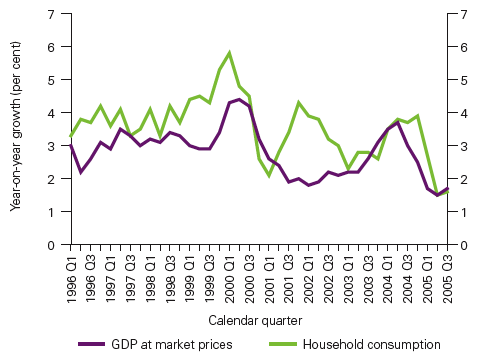A.Darling’s first budget is good news for those who don’t drink, smoke or buy SUVs.
No major changes, but these are some of the main features of the budget.
- Cigarettes up 11p a packet of 20.
- Beer up by 4p a pint, wine 14p a bottle, spirits 55p a bottle.
- Duties on alcohol will go up by 2% above inflation for next four years.
- related: Should tax on alcohol rise?
Cars and Petrol
• From 2009, major reform of the vehicle excise duty. For new cars from 2010, the lowest-polluting cars will pay no road tax in the first year. Higher-polluting cars will pay more.
• Funding set aside for road-pricing proposals. (road pricing in UK)
• 2p increase in fuel duty is postponed for 6 months due to high price of oil
• For environmental reasons, fuel duty will rise by 0.5p per litre in real terms in 2010. This is said to be for green reasons, but, is very small % of price.
Housing
• From April, key workers, such as teachers and nurses, will be able to borrow money from shared equity schemes.
• Stamp duty on shared ownership homes will not be required until people own 80% of their home.
• More people should have the chance to have a long-term fixed mortgage, which a report shows can reduce the risks for first-time buyers and can keep them on the housing ladder. (but, not clear whether people will actually take them out)
• Sites for 70,000 more houses have been identified. (But, when they will be built is another matter)

